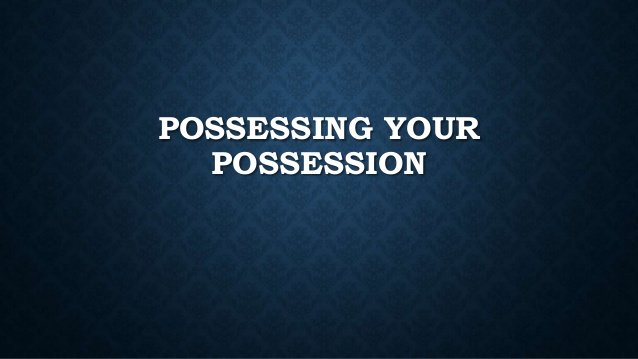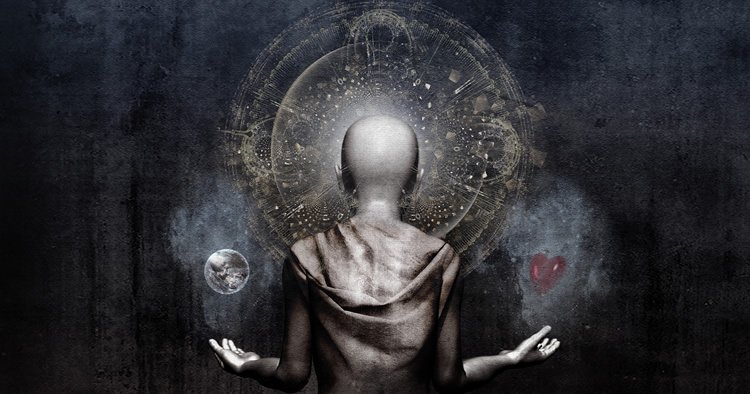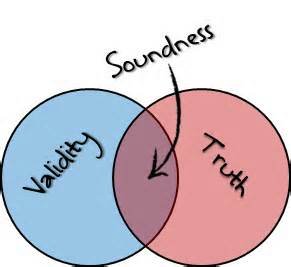Previous articles from the series
- Truth
- Life Pillars
- Everything is Scale
- Sadness
- Good X Bad
- Mental Property
One of the biggest Ancap problems

I have recently joined a forum on Facebook where libertarians of all sorts gather to discuss matters. A huge argumentation is currently lasting for about two weeks. The question is easy – is it possible to own ideas, thoughts and so on? Finding the answer is seemingly hard, but from the point of view of an Information scientists, it’s actually not so much. All we need is one (up until now) incontrovertible epistemology vastly adopted by information scientists.

Theory of 3 worlds
In one of my previous articles from the Information science series I described its epistemologies. What is theory of 3 worlds and how is it connected to property?
World 1

World 1 is the world of physical entities. As far as I’m concerned, most of the people would agree upon a consensus that people have the right to own physical objects. Basically everyone but insane radical communists that would readily take away that right from you and make everything one big “commons” would agree on that (rule of thumb).
There is though one not so obvious important thing. I have to say it now, despite the fact that the reason why I even am saying it will start to make sense at the very end of the article. Basically EVERYTHING is physical. It doesn’t matter whether the object is human body, brain, its processes, virtual stuff, or basically anything else. Everything is energy. Everything that is energy exists in the physical realm, therefore everything is physical. Thus said, everything is, in a sense, World 1.
World 2

World 2 is a world of subjective realities. World 2 is the main argument why people think that people should have the right to possess their ideas. In a way they are right. The “supposedly new idea” (will soon explain that) has been born inside their heads by “skilful matching” (will also get there in next paragraph). The idea is an information in form of energy, therefore it of course is physical and therefore people should have right to own it right? The fruits of their brain processes is after all their property right? Well…yes and no at the same time.
World 3

World 3 is a world of intercommunicable information. What does that mean and how is it connected to property of mental stuff you might ask? Now is the time when it gets complicated.
Intercommunicable information
World 3 basically is one big “commons” of all the information that has been created up until now. Imagine it as random bits and pieces of information that have been emitted into the world from the subjective realities (world 2).
Additions to the world 3
Crucial thing is the matter of adding new information into the world 3. This matters tackles the very creation of ideas. Coming up with “purely new” ideas/information is totally impossible. It is impossible because of the fact that the world 2 BY NATURE connects to the world 3 when “thinking” about stuff. It is impossible to cut oneself off the “ether of information”. Thus said “new ideas” are born by CONNECTING the individual entities of world 3.
Is it morally correct to possess those creations?
Yes and no! That is the complicated part. After dissolving the matter into individual steps, this is what happens.
- Someone has come up with new idea by combining previous ideas and information from world 3, thus creating a “new idea”.
- As soon as such an idea is communicated, it leaves world 2 and joins the rest of the information and ideas in the world 3.
- New ideas would NOT BE EVER CREATED if people could not connect to the world 3 (libraries, internet, other people with the knowledge of part of the world 3 and so on). Only something that has already been discovered would be re-discovered (we would be like any other organism that loses all its ”knowledge” with every new generation.
- That means that our “new idea” is only partly ours. It is a combined effort of all the ancestors that have contributed to the world 3.
- If we wanted to have a right to possess such an information – call it our property, we would need to pay to ALL THE PREVIOUS CONTRIBUTORS of the world 3 that have created the ideas or information that we personally have used.
- I do agree that this would be a correct way how to do it, but it is impossible to connect all the information that have already been created to its creators and find out which specific information has been used in order to create ANY GIVEN ADDITION. Otherwise it is unethical, because we would want people to pay for an idea that has only been born because of hundreds of ideas that preceded it, without rewarding their creators.
- It is unethical and ignorant to support patents and to demand payment for IDEAS ALONE, for the ideas are only partly yours and you are not paying to those (let alone admitting that the idea is not only yours) that have allowed you to “create the new idea” by their effort of doing the very same thing as you have right now.
- As soon as we discover how exactly our brain works, we can start measuring its functions effectively. We might be able to realize, which information has been used in order to create our ideas. It all would become measurable world 1. We have all agreed how property works in world 1.
- There is still the problem of finding out which “old ideas” were formed by which “older ideas”. In order for you to charge for ideas alone we need a system that has complete information of which information led to creation of another information and a Blockchain with smart contract that would execute accordingly and reward ALL THE CONTRIBUTORS OF THE CHAIN.
- We are good to go and mental processes have been successfully merged with world 1. We know how property works there.
Conclusion

I do admit that people deserve to be rewarded even for mental processes alone, as long as others contribute from their ideas. Creation of system that would FAIRLY reward ALL THE CONTRIBUTORS OF THE CHAIN is though pure Sci-Fi as of now. Until such a Sci-Fi becomes reality, World 3 can only be understood as one big “commons”, where everyone has right to use the accessible information for his purposes, but as soon as his new creations becomes part of the world 3, everyone can freely use it too, the same way you have done it before. That is the only reason why humanity has ever prospered.
What do you think? Do you agree, disagree, or just want to contemplate a bit more? I’m up for it!

